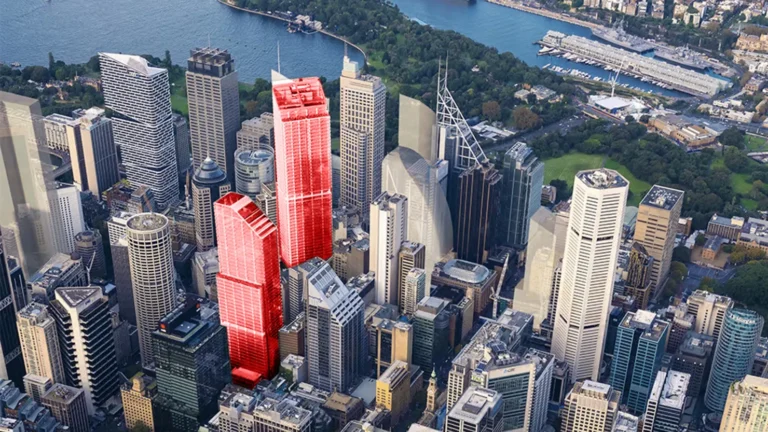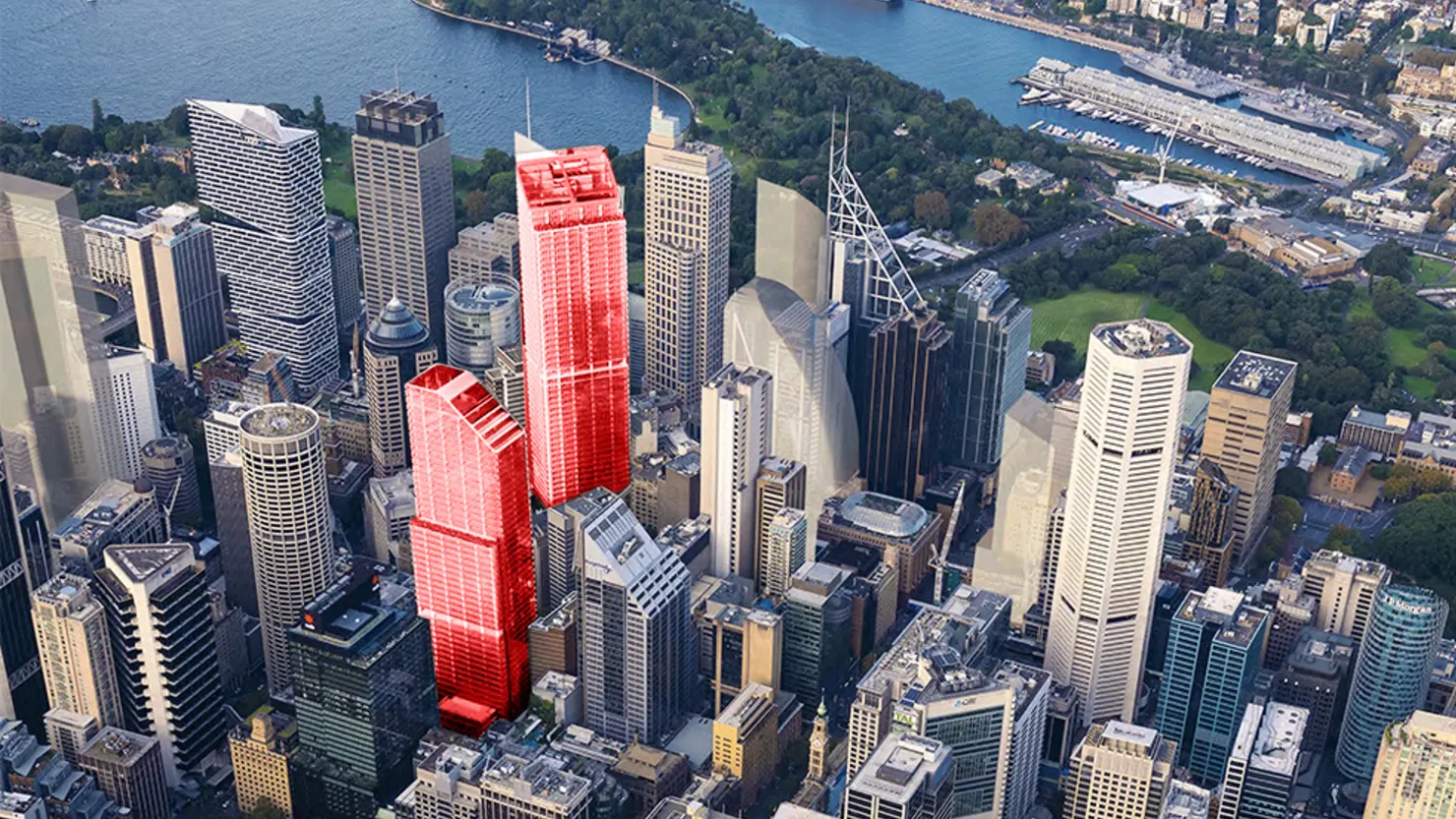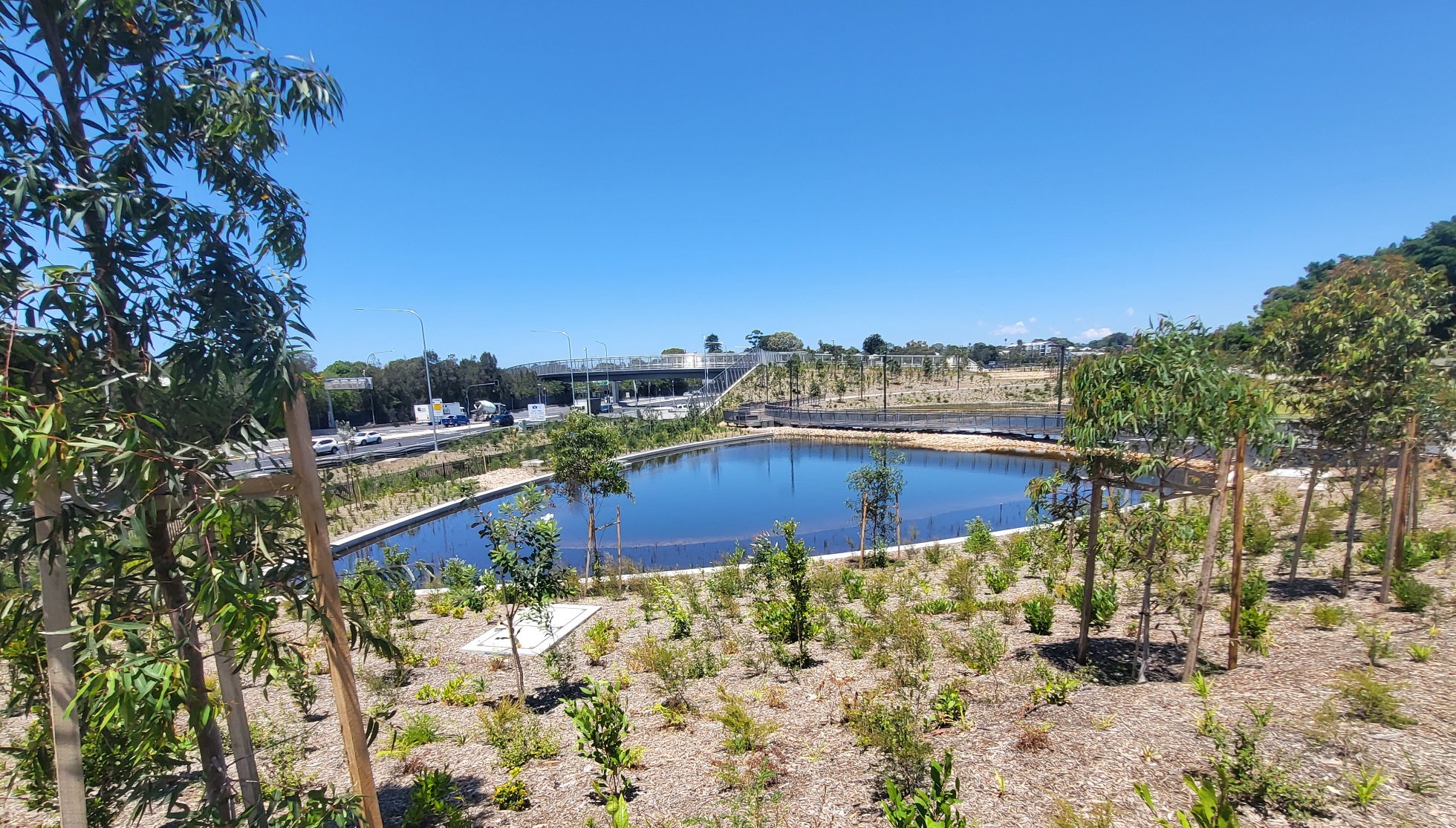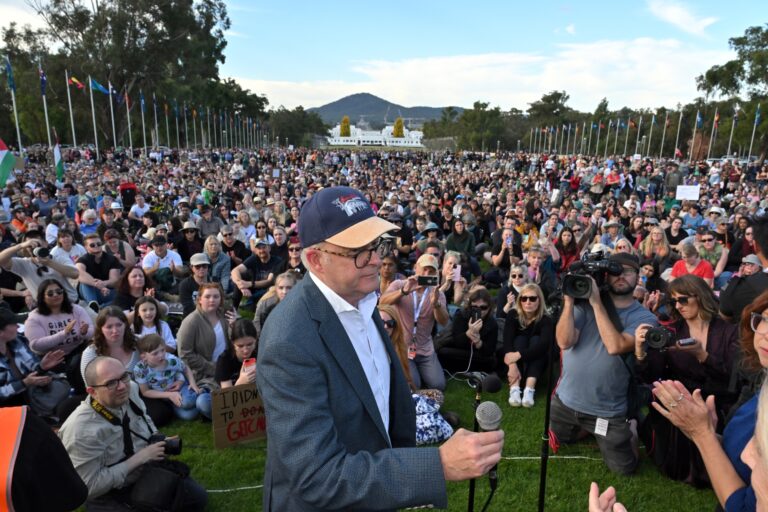
Housing market hits $10 trillion as 1.4 million Australians in rental stress
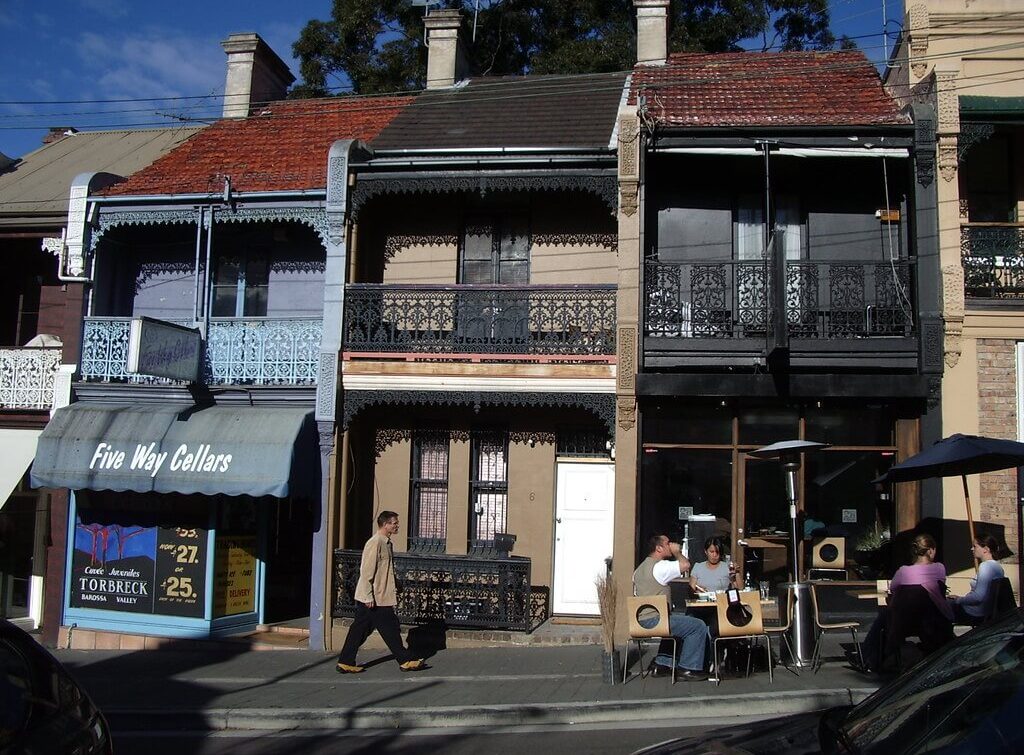
Image: The ABS reports that the price of the average Sydney home as risen by 16.4% in the last year. Photo: flickr.com
By ERIN MODARO
The value of the Australian housing market has passed $10 trillion for the first time ever, with the average price of a Sydney home rising by 16.4%, coming to $1,245,000. The Australian Bureau of statistics announced the rise in housing costs for the past 12 months, noting that the total rise in residential dwelling costs was by $1.8 trillion in the past year.
While Sydney’s housing market reordered a significant rise in average prices, regional NSW also saw a massive hike, rising by 29.1% and bringing the average price to $800,300.
Michelle Marquardt, head of Prices Statistics at the ABS, said that in the last year “growth in median prices in regional NSW and Victoria has outpaced growth in their capital cities for both houses and attached dwellings.”
National survey on renters reports grim findings
A recent national survey by Savvy shows that renters are also struggling to afford housing at recored rates. The survey found that 1.42 million Australians are likely in some form of rental stress, with 1.1 million experiencing severe rental stress.
The report finds that young people are most affected by worries of rent increases and housing instability, with 50% of 18-24 year-olds expressing concern, and 40% of 25-34 year olds.
The proportion of participant’s income dedicated to housing costs was reported to be between 31-45% for 1.42 million Australians, and between 46-60% for 1.12 million.
Savvy CEO Bill Tsouvalas said that as more Australians face struggles affording rent, their possibility of entering the housing markets lowers.
“Rental stress isn’t just being a bit worried about a lack of money for luxuries, it’s a real and persistent financial pressure that affects your ability to pay for necessities,” Tsouvalas said.
“It can take a toll on your wellbeing, and never really goes away. Renters may be on edge already due to rising cost of living. They may be behind the eight-ball due to COVID-19 lockdowns, reduced hours, and layoffs.”


